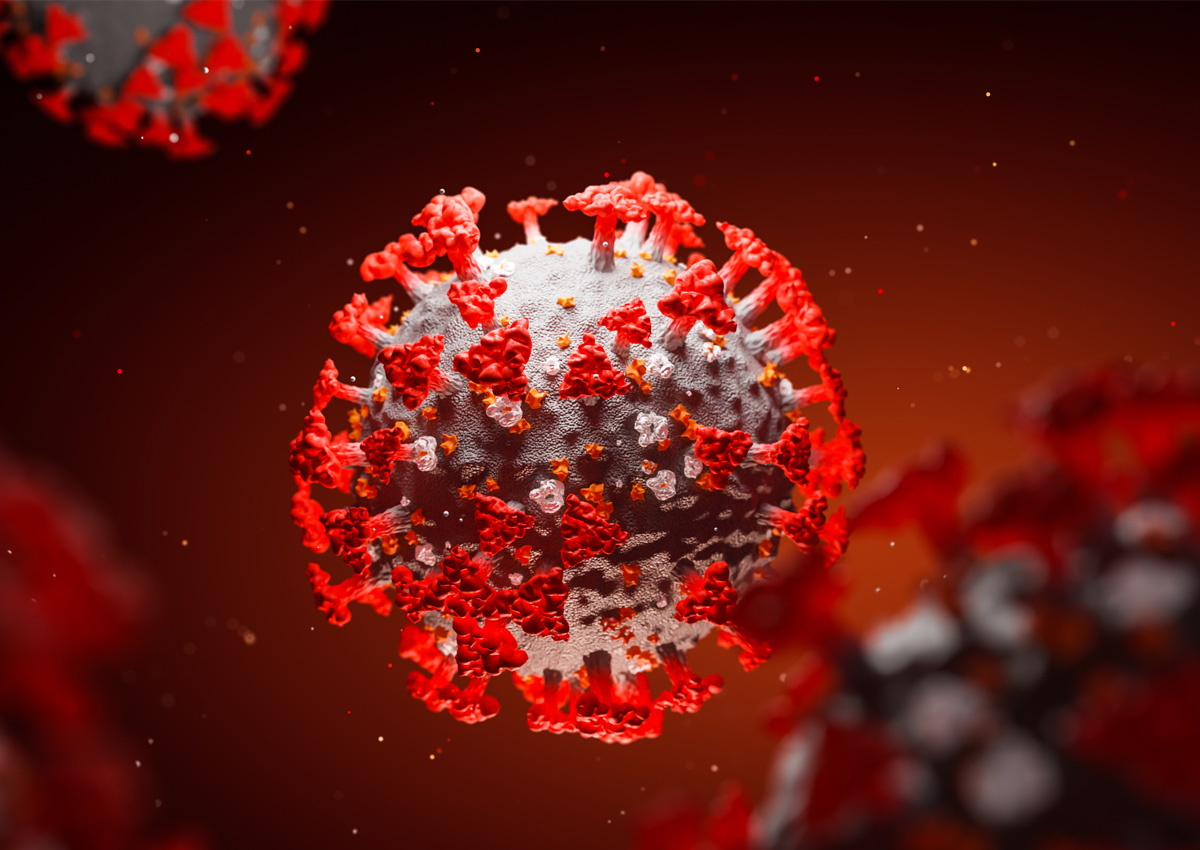
Researchers Shed New Light on the Molecular Detail of COVID-19
September 1, 2021| |
Research conducted by scientists from Western Sydney University reveals a distinct binding interface for both key proteins in COVID-19 – ssDNA and RNA – which work to enable the replication of the virus in host cells.
The research results are published as an open-access article in the journal PROTEINS. According to co-lead researcher Dr. Roland Gamsjaeger from the School of Science, this finding is an exciting step in further understanding COVID-19. Dr. Gamsjaeger said the replication of the viral genome is a fundamental step in the virus life cycle and SARS-CoV-2 non-structural protein 9 (Nsp9) is shown to be essential for virus replication through its ability to bind RNA in the closely related SARS-CoV-1 strain.
The research revealed a distinct binding interface for both ssDNA and RNA that is different from the one proposed in the recently solved SARS-CoV-2 replication and transcription complex (RTC) structure. "While our study resolves some of the ambiguities around the exact location of RNA binding within Nsp9, however, further studies will be required to shed light onto these important processes," said Dr. Gamsjaeger.
For more details, read the article in Western Sydney University News Centre.
| |
You might also like:
- Unraveling Coronavirus Structure for Effective Vaccine and Medication
- Study Identifies "Mother" of all SARS-CoV-2 Genomes; Reveals Earlier COVID-19 Timeline
- Researchers Find "Hidden Gene" in COVID-19 Virus
Biotech Updates is a weekly newsletter of ISAAA, a not-for-profit organization. It is distributed for free to over 22,000 subscribers worldwide to inform them about the key developments in biosciences, especially in biotechnology. Your support will help us in our mission to feed the world with knowledge. You can help by donating as little as $10.
-
See more articles:
-
News from Around the World
- Our World in Data Says Only ~10% of Global Food Crops Depend on Pollinators
- SOLVE Info-Sufficiency on Genome-edited Crops
- Kenyan Feed Manufacturers Ask Gov't to Allow Importation of GMO Feed Materials
- Dynamic Model Measures Impact of Light Fluctuations on Photosynthesis
- Animal Biotech Experts Brief Stakeholders in Asia Oceania Region
- Ukraine Government Supports Two Draft Laws on GMO Regulation
- Genome-Edited Wheat Field Trial Gets UK Government Approval
-
Research Highlights
- Aspergillus Gene Confers Salt Tolerance to Soybean Plants
-
Plant
- Semi-dwarf Rice Developed Using CRISPR-Cas9
- Understanding Benefits Increases Consumers' Willingness to Accept, Buy Novel Foods
- Researchers Use CRISPR to Understand Genetic Characteristics of Wound Healing in Potatoes
-
Health
- Researchers Shed New Light on the Molecular Detail of COVID-19
-
Read the latest: - Biotech Updates (February 18, 2026)
- Gene Editing Supplement (January 28, 2026)
- Gene Drive Supplement (February 22, 2023)
-
Subscribe to BU: - Share
- Tweet

